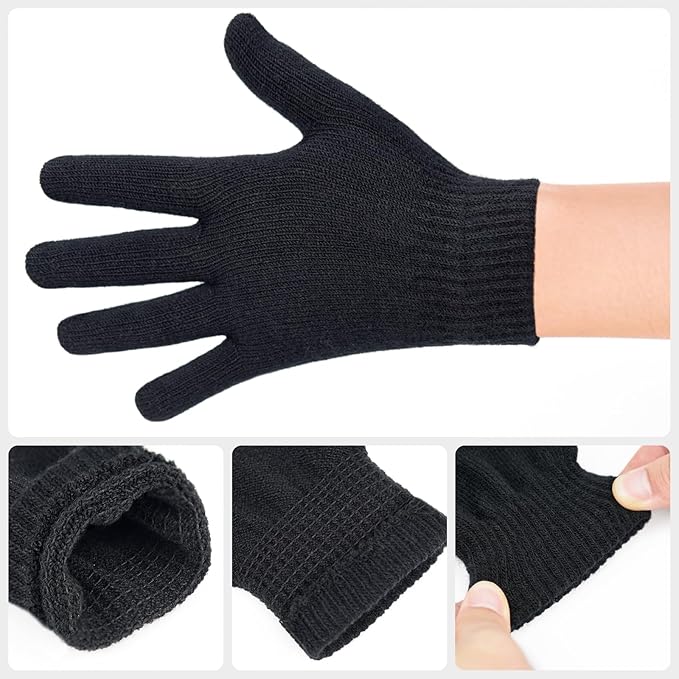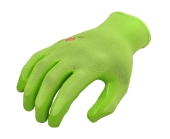
 21
21





 6
6




 17
17




 8
8




 13
13





 13
13




* Follow your curiosity , Do what you Love *
Permaculture page on Simperi website | Guides for a more intuitive life
 11
11




Regards,
Joe
 6
6




 1
1




$10.00 is a donation. $1,000 is an investment, $1,000,000 is a purchase.
 7
7





 6
6






- Tim's Homestead Journal - Purchase a copy of Building a Better World in Your Backyard - Purchase 6 Decks of Permaculture Cards -
- Purchase 12x Decks of Permaculture Cards - Purchase a copy of the SKIP Book - Purchase 12x copies of Building a Better World in your Backyard
 5
5




 6
6




Dane Geld wrote:My recommendation is for more than just gloves.
I use brush cloth pants and jacket from Schaeffer Outfitters. 15 oz cotton canvas. what means is...i walk through roses, barberry, brambles, russian olive, and the fabric sheds thorns like a duck sheds water. if i want to push brush back, I simply walk into it and sit down on it.
the gloves i use are called fence menders gauntlet gloves from duluth trading. it took me a while to spend the money on these, but once i did, i'll tell you, i'm glad i did. sizes run small. I had been working a job cutting back a range of thorny brush. the gloves i had been using were not doing the job, mostly leather work gloves from local hardware stores. when what you have been using is leaving you dissatisfied, you go looking. what i found was from duluth. If anyone has suggestions that are better/cheaper, I'll be all ears...but i will have to say, i do not believe i would be willing to sacrifice performance.
there are rose pruning sleeve guards that generally go on over your thumb, under gloves, and are intended to protect up to your elbow. i'll guess you'll find that heavyweight canvas or leather does the job best.
gardener, homesteader
 10
10




 11
11




"If we are not willing to fail we will never accomplish anything. All creative acts involve the risk of failure." - Madeleine L'Engle
 2
2




Zachary Bertuzzi wrote:As far as gloves, I had trouble finding leather gloves that would last more than 3-4 months. Constantly searching for either cheapies or spending a little extra on deer hide, but the results are always the same.
This past November I got a pair of Vermont Gloves. Made in USA!!! Goat skin… supposed to stay softer and not crack. I got the beeswax and oil too. They’ve been awesome all winter. They are pretty expensive, but if I spend $50 every year on some that fall apart, I’m willing to spend the extra cash on a pair that will last.
They have good tutorials on their site that tell you how to care for them.
Good luck!
https://vermontglove.com/
gardener, homesteader
 7
7





 9
9




Rick Valley at Julie's Farm
 8
8




 2
2





 7
7




Hans Albert Quistorff, LMT projects on permies Hans Massage Qberry Farm magnet therapy gmail hquistorff
 4
4




Rick Valley at Julie's Farm
 6
6




Rick Valley at Julie's Farm
 4
4




www.emilsagroforest.com
 6
6




![Filename: th-962096182.jpeg
Description: [Thumbnail for th-962096182.jpeg]](/t/241316/a/233327/th-962096182.jpeg)
Isn't it great that food just falls up out of the ground?
 1
1




John Duffy wrote:Jonah,, having fought a lot of battles with blackberry brambles and the ever hateful wild rose bushes, Honey Locust & Osage Orange, I highly recommend heavy duty cowhide gloves. Buy them a size bigger than what fits and use a cheap pair of Jersey gloves inside. The Jersey gloves help prevent blisters by absorbing the sweat and when they get soiled, swap them out...I also recommend this tool... (cuts best on the "up" stroke) Eye protection is highly suggested
https://www.tractorsupply.com/tsc/product/groundwork-bush-axe-1064064?store=144&cid=Shopping-Google-Local_Feed&utm_medium=Google&utm_source=Shopping&utm_campaign=&utm_content=Local_Feed&gad_source=1&gclid=CjwKCAiA29auBhBxEiwAnKcSqnl40bMVI9zHD54lKa3JNMj__XVnlLC7kfuoNaszpvvLECy9q8UkiRoCuWwQAvD_BwE
This tool will take and hold a scary sharp edge...Be careful
$10.00 is a donation. $1,000 is an investment, $1,000,000 is a purchase.
 2
2




Joe Wamsley wrote:I have given up on gloves at this point. I used to try to find some good ones, spent sooo much money. Now I just get the cheapest ones when the big box stores have them on sale. I have some blackberries with huge barbs. I think chainmaille or welding gloves with a thick jacket. I generally am just really careful and just accept it's gonna happen. Usually I end up with them on my shoulders or in my hair rather than my hands so maybe it's just a skill issue.
 8
8




Moderator, Treatment Free Beekeepers group on Facebook.
https://www.facebook.com/groups/treatmentfreebeekeepers/





 2
2




Go outside and play!
 7
7





|
Yes, of course, and I accept that blame. In fact, i covet that blame. As does this tiny ad:
The new gardening playing cards kickstarter is now live!
https://www.kickstarter.com/projects/paulwheaton/garden-cards
|





